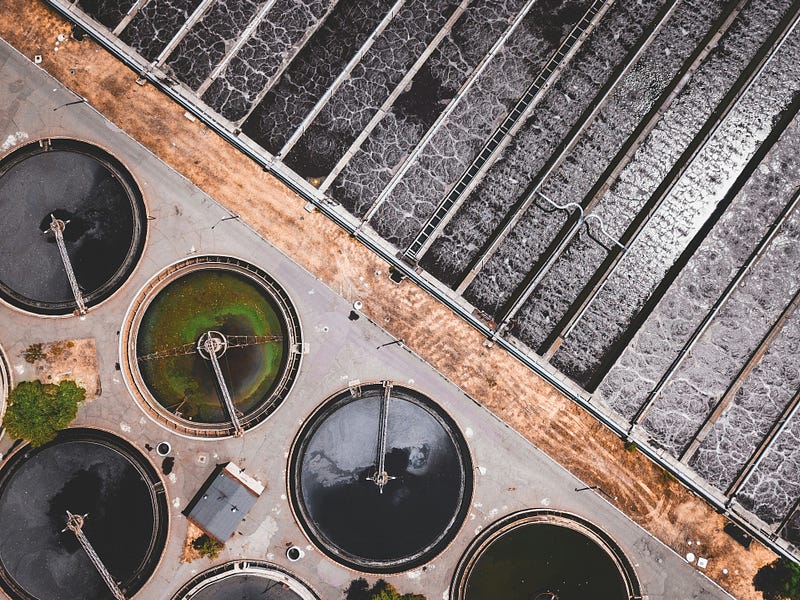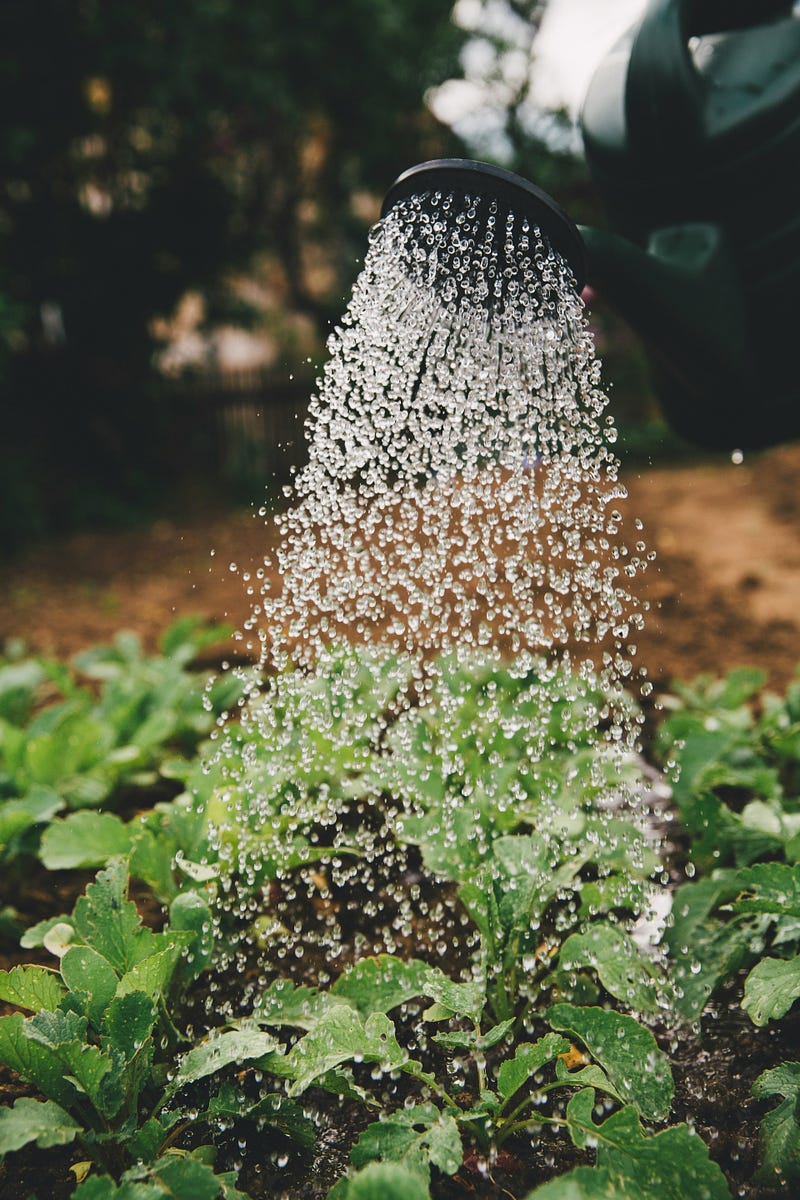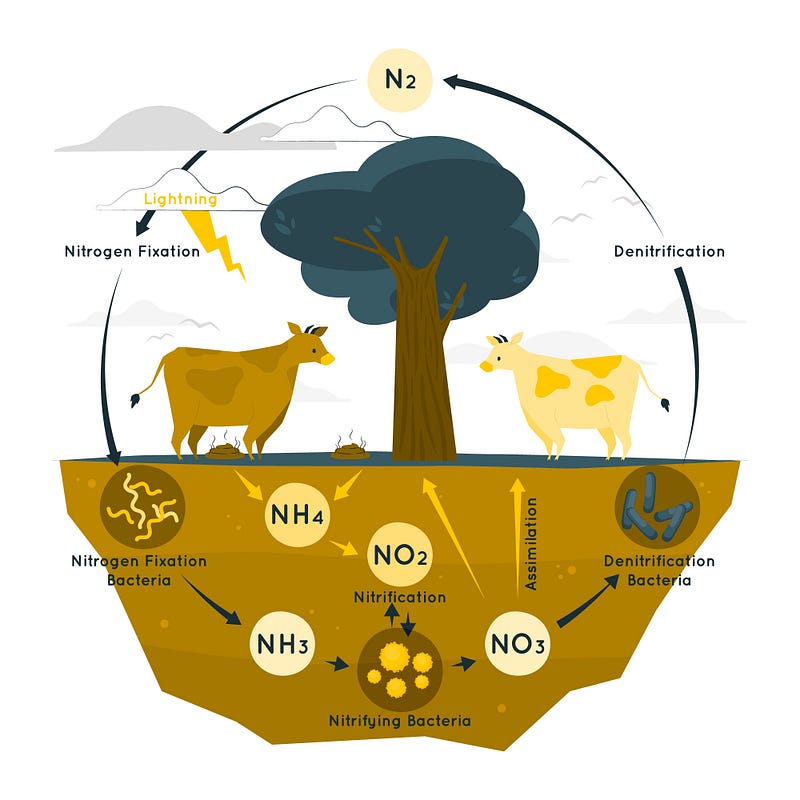# Transforming Your Aquarium's Waste into Garden Gold
Written on
Aquarium Health
The overall well-being of your aquarium serves as a vital indicator of water quality. Numerous factors can compromise aquarium health, from toxic build-up of organic matter to excessive dissolved solids. If your fish and aquatic plants aren't thriving, the water quality may not be sufficient for your houseplants.
Water Parameters
Understanding the parameters of your aquarium water is crucial. These parameters dictate everything from the health of your fish to the overall smell of your home. For example, if the air is polluted, it can adversely affect life forms. The same principle applies to water.
To assess the quality of your water, consult your local government's annual water reports. This information can help you understand the contaminants present in your water supply.

Image by Ivan Bandura from unsplash.com
If your water report indicates high levels of certain contaminants, such as copper, it could pose risks to your plants, even if it doesn't immediately kill them.
Chemical Contaminants
Avoid using water that contains chemicals or medications on your plants. These substances can disrupt the beneficial microorganisms in the soil, leading to nutrient uptake deficiencies. Long-term exposure to certain chemicals can damage fish and potentially affect plant health in similar ways.

Image by Markus Spiske on unsplash.com
Final Thoughts
Many may not realize the complexity of water quality, yet understanding these nuances is essential for nurturing life—both in aquariums and gardens. For most caretakers who diligently care for their aquatic pets, the water is generally safe and beneficial for plants.
The issues discussed here are often associated with neglect in aquarium maintenance. Proper care can minimize such problems, ensuring a healthy environment for both your fish and your plants. I encourage you to check your water reports and share your experiences with your aquarium. Happy fish keeping!
Chapter 2: Cultivating Healthier Plants with Aquarium Water
In the video titled "I Grew 7 Easy Vegetables in My Aquarium!," you'll discover how to cultivate vegetables using your aquarium as a nurturing environment. This innovative approach merges gardening with aquaculture, demonstrating the mutual benefits of both practices.
The second video, "20 Houseplants that Help Filter Your Aquarium!" explores various houseplants that not only beautify your space but also contribute to maintaining the health of your aquarium. These plants create a symbiotic relationship, benefiting both your aquatic and terrestrial gardens.
